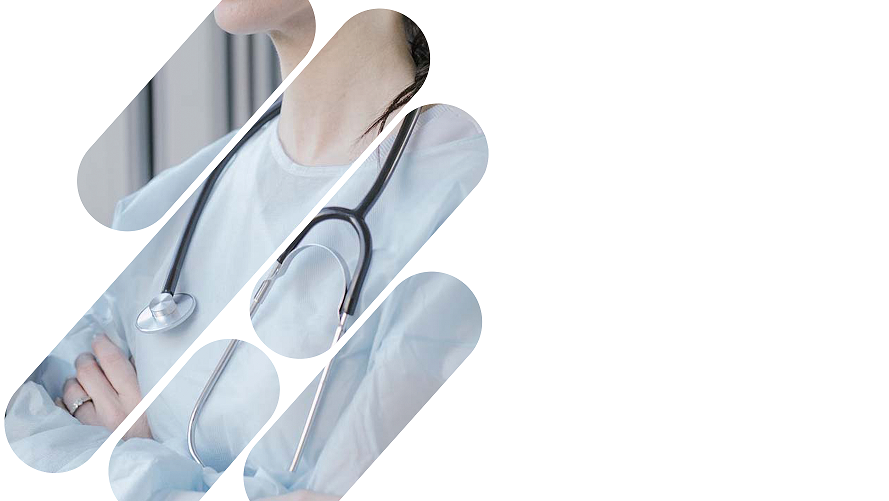 If you live in a rented premises, either directly with a landlord or through an agent, there are certain responsibilities that the landlord or agent must take to make sure you are safe in the rented property. Usually the contract will specify what in the house is the responsibility of the landlord, and what is yours.
If you live in a rented premises, either directly with a landlord or through an agent, there are certain responsibilities that the landlord or agent must take to make sure you are safe in the rented property. Usually the contract will specify what in the house is the responsibility of the landlord, and what is yours.
So if something goes wrong and you are injured, do you have a claim for compensation? Well the first question to ask is: is the landlord or agent legitimately at fault? Were you injured because of something the landlord or agent failed to do, or didn’t do properly? Whether you have a claim or not can come down to whether the landlord ought to have taken reasonable action.
For example, if you have just moved in to a new property and you slip because of a leak in the kitchen, or stumble and fall because of a loose stepping stone outside you may have a claim. The landlord has an important duty make sure a tenant moving in to a new premises is not at risk of injury. They should have inspected the premises to make sure any hazards were rectified before you move in, or at the very least inform you of them and confirm when reparations can be made.
Read More

 Trapping a part of your body in a door is a lot more painful than you would think; sometimes it can even lead to amputations. Unfortunately, it seems that many children tend to suffer from these types of accidents whilst at school and as the doors in schools tend to be fire doors they are incredibly heavy and can cause a serious injury.
Trapping a part of your body in a door is a lot more painful than you would think; sometimes it can even lead to amputations. Unfortunately, it seems that many children tend to suffer from these types of accidents whilst at school and as the doors in schools tend to be fire doors they are incredibly heavy and can cause a serious injury. As part of a compensation claim we can attempt to recover for any loss of earnings caused by the accident or injuries. This means that if you sustained injury in an accident and as a result you were not able to work and you lost earnings, we can attempt to recover this loss. This would be in addition to any general damages (compensation for your injury). A loss of earnings claim would have to be proved.
As part of a compensation claim we can attempt to recover for any loss of earnings caused by the accident or injuries. This means that if you sustained injury in an accident and as a result you were not able to work and you lost earnings, we can attempt to recover this loss. This would be in addition to any general damages (compensation for your injury). A loss of earnings claim would have to be proved. When we are out and about in the street, at shopping centres, at the park etc, we are generally on property owned by others. The owner could be the council or local authority, equally a pavement in front of a shop may be owned by the shop itself. As a firm of Solicitors we can ascertain who owns a piece of land. This is often straight forward as we can submit a search with the land registry. It can become quite technical trying to figure out boundary lines in the real world.
When we are out and about in the street, at shopping centres, at the park etc, we are generally on property owned by others. The owner could be the council or local authority, equally a pavement in front of a shop may be owned by the shop itself. As a firm of Solicitors we can ascertain who owns a piece of land. This is often straight forward as we can submit a search with the land registry. It can become quite technical trying to figure out boundary lines in the real world. Chest injuries can actually be a lot more painful than most people think. If you overstretch the muscles in the chest, it can actually leave you in a considerable amount of agony, restrict your movement, and may even result in time off work. You can normally tell if a chest injury is soft tissue related because it hurts to move or breathe – sometimes even shallow breathing may be painful. But before I go on, if you need advice about chest pain, speak to the NHS immediately because chest pains can be a whole host of serious problems.
Chest injuries can actually be a lot more painful than most people think. If you overstretch the muscles in the chest, it can actually leave you in a considerable amount of agony, restrict your movement, and may even result in time off work. You can normally tell if a chest injury is soft tissue related because it hurts to move or breathe – sometimes even shallow breathing may be painful. But before I go on, if you need advice about chest pain, speak to the NHS immediately because chest pains can be a whole host of serious problems.
 The recent PIP scandal has brought these types of claims to the forefront, although the legislation (The Sale and Supply of Goods and Services Act) is often associated more with trying to return goods to a store/seller. However, the Act can be important in personal injury claims, specifically where the provision of a service or good has breached the terms of the Act and have led to personal injury.
The recent PIP scandal has brought these types of claims to the forefront, although the legislation (The Sale and Supply of Goods and Services Act) is often associated more with trying to return goods to a store/seller. However, the Act can be important in personal injury claims, specifically where the provision of a service or good has breached the terms of the Act and have led to personal injury. According to official Judicial Council Guidelines that are used to assess claims, examples of severe ankle injuries include:
According to official Judicial Council Guidelines that are used to assess claims, examples of severe ankle injuries include: For most of us, it’s in our genes to love a good shop every now and then; women more so than men. On a busy Saturday afternoon, the last thing we want to happen is to be injured when we’re out shopping and supposedly having a good time. So when you are injured in an accident in a shop,
For most of us, it’s in our genes to love a good shop every now and then; women more so than men. On a busy Saturday afternoon, the last thing we want to happen is to be injured when we’re out shopping and supposedly having a good time. So when you are injured in an accident in a shop,  If you live in a rented premises, either directly with a landlord or through an agent, there are certain responsibilities that the landlord or agent must take to make sure you are safe in the rented property. Usually the contract will specify what in the house is the responsibility of the landlord, and what is yours.
If you live in a rented premises, either directly with a landlord or through an agent, there are certain responsibilities that the landlord or agent must take to make sure you are safe in the rented property. Usually the contract will specify what in the house is the responsibility of the landlord, and what is yours.









